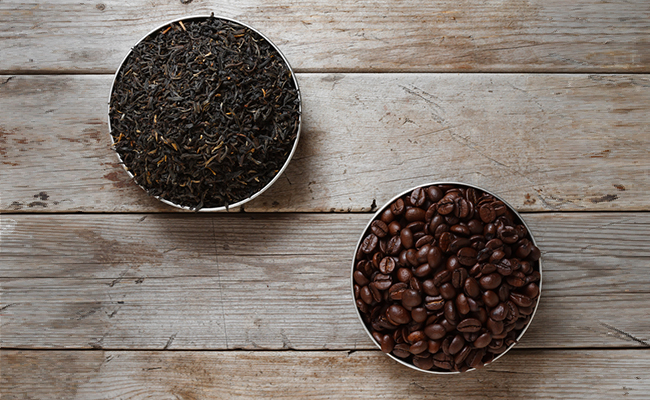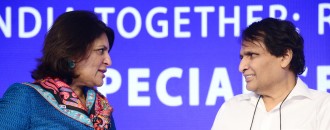
Indian agriculture products fail to stand global competition: Expert
Himanshu Vatsa | The Dollar Business  Falling prices in the global commodity market led to negative growth in India’s exports of major agriculture items, including tea, cereals, tobacco and oil meals, last year. According to the annual data released by the Ministry of Commerce, six of the 11 key agricultural export products – tea, cereals, tobacco, spices, oil meals, and fruits and vegetables— recorded negative growth between April 2014 and March 2015. Of the six major items, oil meals witnessed the biggest fall of 52.73%, reducing the total exports value from US$ 2,796 million in 2013-14 to just US$ 1,321 million last year. At the same time, exports of rice, coffee and cashew also witnessed only marginal changes as compared to that of last year. However, the export of oil seeds was worth US$ 1,792 million last year, registering an increase of 38.78% as compared to the figure of US$ 1,291 million recorded a year ago, the data said. Agri products account for more than 10% of the country's total exports. Declining exports of these products is the main factor behind the slow growth in the country’s overall merchandise exports. Experts blame the lack of expertise in value addition of goods for falling exports of agricultural items. “We have not been focusing on technical advancement. We don’t understand the buyers’ need in the international markets. Buyers are looking for value-added products. The problem is that Indian industries do not invest time and money in innovation and research. There is a serious knowledge gap between Indian industries and the international market,” said Vijay Sardana, agricultural and food market analyst. Sardana said that India’s agri business model, which is based on subsidies and cost-cutting, is not sustainable. “We always believe in undercutting. We believe in subsidy. We have to understand the changing dynamics of the international market. Indian products do not stand competition because there is no value addition,” he told The Dollar Business. To boost agriculture exports, the government and business promoting agencies should focus on the use of technology and innovation, he said, adding, the government should support only those who are willing to invest in research. “The subsidy should be only in the case of value addition,” he said. According to estimates, international shipment of agri-produce in 2013-14 was about US$ 45 billion, up from US$ 32 billion a year ago.
Falling prices in the global commodity market led to negative growth in India’s exports of major agriculture items, including tea, cereals, tobacco and oil meals, last year. According to the annual data released by the Ministry of Commerce, six of the 11 key agricultural export products – tea, cereals, tobacco, spices, oil meals, and fruits and vegetables— recorded negative growth between April 2014 and March 2015. Of the six major items, oil meals witnessed the biggest fall of 52.73%, reducing the total exports value from US$ 2,796 million in 2013-14 to just US$ 1,321 million last year. At the same time, exports of rice, coffee and cashew also witnessed only marginal changes as compared to that of last year. However, the export of oil seeds was worth US$ 1,792 million last year, registering an increase of 38.78% as compared to the figure of US$ 1,291 million recorded a year ago, the data said. Agri products account for more than 10% of the country's total exports. Declining exports of these products is the main factor behind the slow growth in the country’s overall merchandise exports. Experts blame the lack of expertise in value addition of goods for falling exports of agricultural items. “We have not been focusing on technical advancement. We don’t understand the buyers’ need in the international markets. Buyers are looking for value-added products. The problem is that Indian industries do not invest time and money in innovation and research. There is a serious knowledge gap between Indian industries and the international market,” said Vijay Sardana, agricultural and food market analyst. Sardana said that India’s agri business model, which is based on subsidies and cost-cutting, is not sustainable. “We always believe in undercutting. We believe in subsidy. We have to understand the changing dynamics of the international market. Indian products do not stand competition because there is no value addition,” he told The Dollar Business. To boost agriculture exports, the government and business promoting agencies should focus on the use of technology and innovation, he said, adding, the government should support only those who are willing to invest in research. “The subsidy should be only in the case of value addition,” he said. According to estimates, international shipment of agri-produce in 2013-14 was about US$ 45 billion, up from US$ 32 billion a year ago.
May 6, 2015 | 7:54 pm IST.






 to success.
to success.